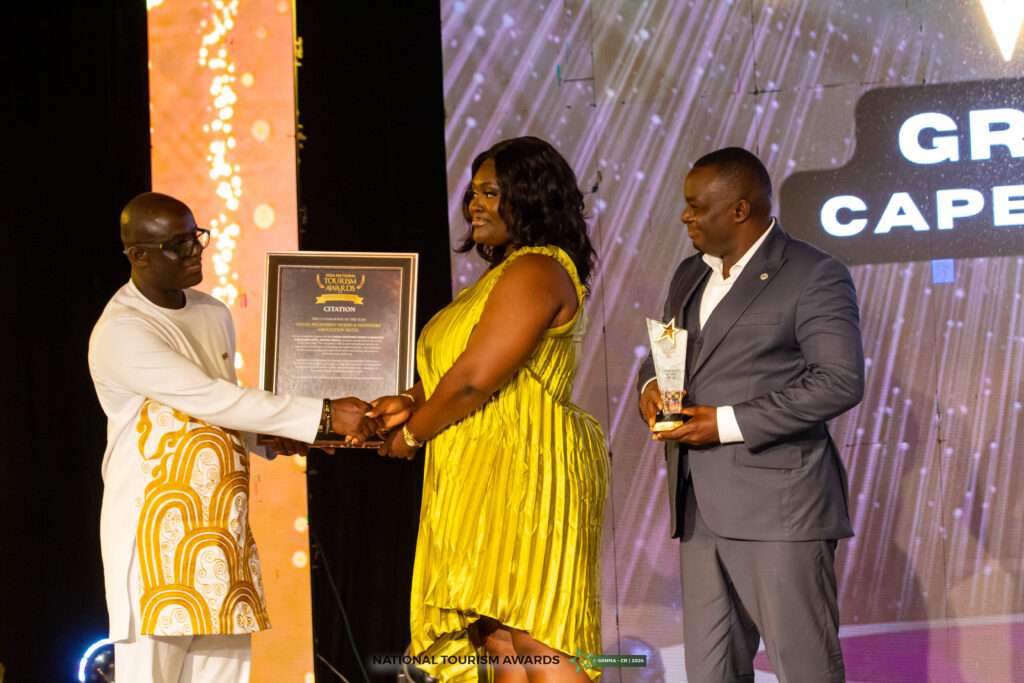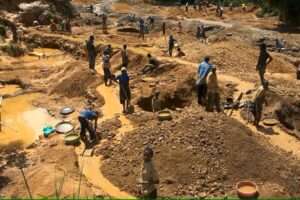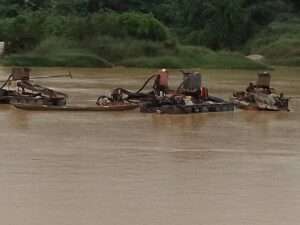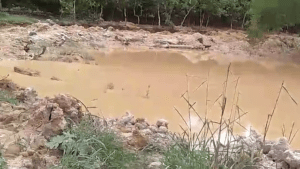Citizens of Foreign States Evacuate as Sudanese left behind.
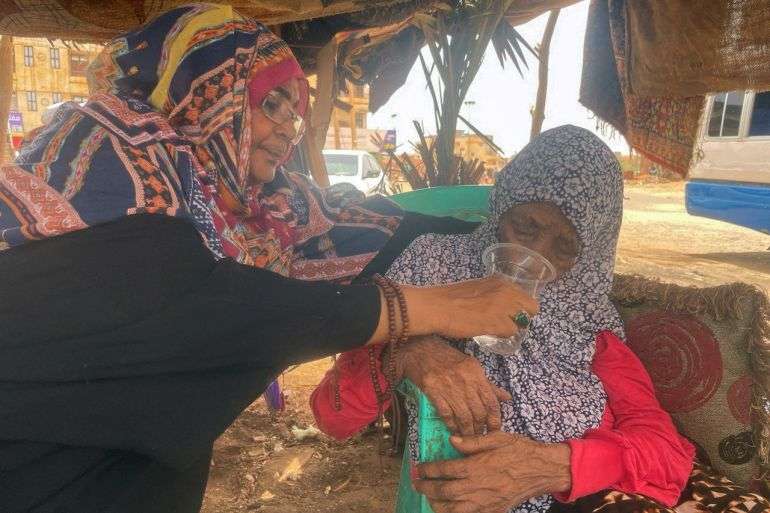
Foreign States evacuate citizens as Sudanese left behind.
Experts say Sudanese are paying the price for an armed conflict they argue Western officials helped manufacture.
A woman is helped to drink water as she flees clashes between the paramilitary Rapid Support Forces and the army in Khartoum, Sudan.
Sudanese flee clashes between the paramilitary Rapid Support Forces and the army in Khartoum, April 25, 2023 [El-Tayeb Siddig/Reuters]
By Mat Nashed
Published On 26 Apr 2023
As foreign diplomats evacuate Sudan in the midst of fierce fighting, millions of civilians are being left behind to survive as best as they can, leaving many frustrated at what they see as an armed conflict between previously Western-backed generals.
Sudanese analysts and activists who spoke to Al Jazeera blamed Western officials for emboldening and legitimising the paramilitary Rapid Support Forces, led by Mohamed Hamdan “Hemedti” Dagalo, and the army under Abdel Fattah al-Burhan, the two men embroiled in a deadly armed conflict since April 15.
“I think there was a lot of hand-holding and appeasement of these generals because the US believed that they could create reformers out of them,” said Sudanese expert Kholood Khair, the founding director of Confluence Advisory.

According to the International Crisis Group, the catalyst for the armed struggle terrorising Sudan was a Western-conceived Framework Agreement that was signed on December 5, ostensibly to restore a civilian administration after the RSF and the army upended the country’s frail transition to democracy with a coup in October 2021.
The Framework Agreement initiated a series of political negotiations between the army, the RSF and a coalition of political parties known as the Forces for Freedom and Change – Central Command (FFC-CC).
One of the most sensitive issues to be worked out was security sector reform and a dispute over the integration of the RSF into the army – and the narrow timeframe Western countries gave them to resolve it – escalated tensions between the rivals.
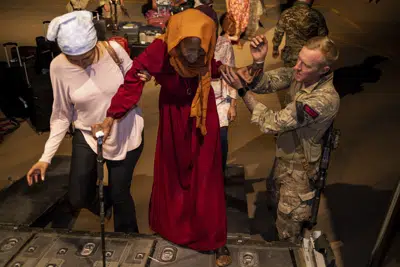
The army wanted to absorb the RSF in two years, while the RSF wanted to remain an autonomous force with its own command for another decade. Both feared losing power and relevance to the other in a new political environment.
Still, Western officials pressured both forces to sign a deal.
The Western position was that security elites needed to be part of a democratic transition and that they would be incentivised to support a transition for Sudan to access millions of dollars worth of development aid and billions in debt relief.
The assumption was that the RSF and the military would prioritise the stability of Sudan, not just their own power.
On a personal level, according to one Western diplomat, many of those overseeing the negotiations wanted a success that they would be able to point to.
“Many diplomats are very result oriented and they want something tangible. Of course, a [political] deal is tangible,” the diplomat, not authorised to speak to the press, told Al Jazeera a couple weeks before the Framework Agreement was announced. “Maybe a deal would last for six months – and then when those diplomats leave – they can write on their CVs that they were instrumental in getting a deal done in Sudan.”
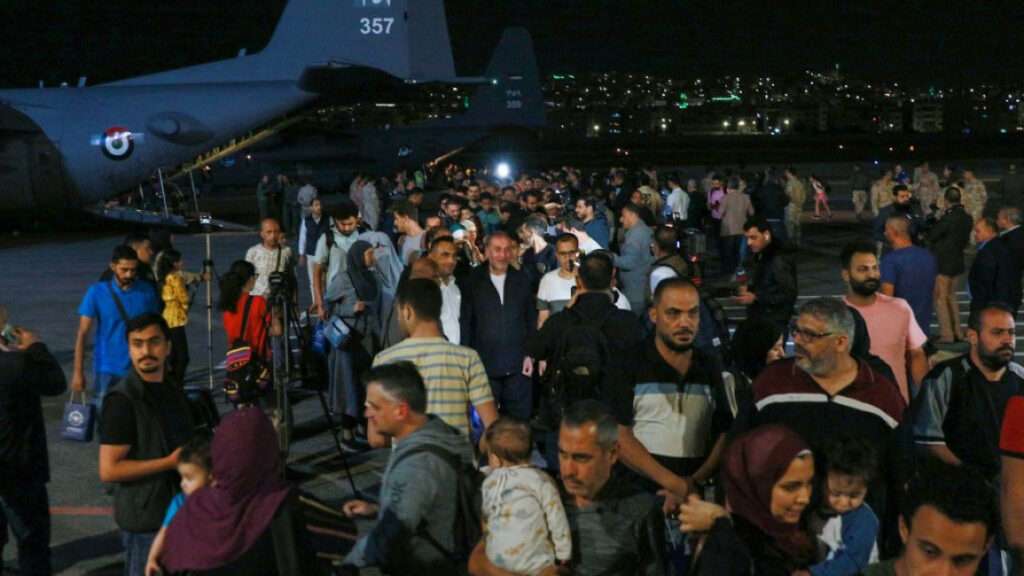
“I think if the international community – particularly the Americans – does not take stock about how their contributions have led us to where we are, then there is a serious problem,” Khair said.
‘Migration partner’
“The UN, European Union, US and all Western countries are the reason why there is a war right now between the army and the RSF,” said Amira Osman, an activist trapped in Sudan’s capital, Khartoum.
Far before the current crisis, Western countries had begun making deals with Sudanese security elites under the banner of curbing migration.
In 2017, the EU launched the Khartoum Process – a partnership between Brussels and governments in the Horn of Africa, aimed at stemming the flow of refugees and migrants to Libya.
It disbursed millions of dollars to the government of authoritarian former leader Omar al-Bashir, even as he stood accused of committing crimes against humanity and genocide in Darfur by the International Criminal Court.
Exploiting Europe’s fears of Africans on its doorstep, al-Bashir empowered the RSF – which was first formed to crush rebellions and coup-proof his regime – by designating the group as the country’s border guards.
“We all know that all the RSF did was take over the migration routes from the smugglers,” said Ahmad Mahmoud, a Sudanese documentary filmmaker who has researched the consequences of the Khartoum Process.
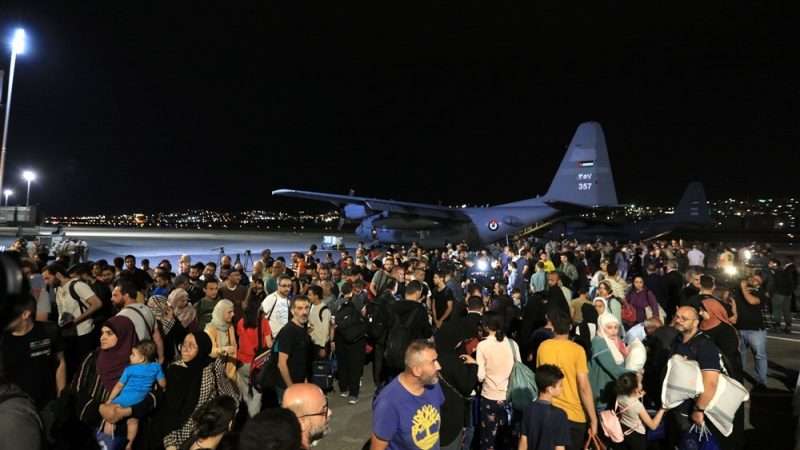
That positioned the group, which emerged from Arab tribal militias that committed state-backed massacres in Darfur between 2003 and 2009, to pocket some of the $40m the EU gave “law enforcement agencies” and the judiciary to boost Sudan’s capacity to curb migration.
“On one hand, they got legitimacy from Europe. On the other hand, they offered the same services as the smugglers,” Mahmoud said.
He said the al-Bashir-EU partnership also helped Hemedti’s public relations strategy, as he frequently championed the RSF’s role in curbing migration.
But the RSF – along with the army – is now responsible for generating a new refugee crisis from Sudan. Tens of thousands of people are already crowded at the Egyptian border, while many others have headed east to try and cross into Saudi Arabia or Djibouti by boat.
Chad has also absorbed up to 20,000 refugees, according to the United Nations refugee agency.
“The RSF got this level of power because they were first legitimised and funded by the EU. This is not something that Hemedti hides. He brags about it all the time,” Mahmoud said.
Missed opportunity?
In Khartoum, fighting picked up in some areas after Western countries secured their own officials and diplomats. Further escalation in the violence, which has killed almost 500 people, could worsen an already spiralling humanitarian crisis, according to the World Health Organization.

Thousands more have been badly injured from shelling, gunshots and bombs, while hospitals are closing daily as they run out of supplies and international relief agencies are unable to help.
Hamid Murtada, a Sudanese analyst and member of the grassroots pro-democracy movement, told Al Jazeera he believes the West is ignoring an opportunity to prioritise humanitarian needs while evacuating their own diplomats.
With a 72-hour ceasefire already shaky, Murtada said international actors should arrange safe passages to and from hospitals, or get some banks to operate so that people can access their money.
“Evidently, foreign governments managed to get both the army and RSF to stop fighting to a good extent in order to evacuate diplomats, which proves that they have leverage over them and can capitalise on the [ceasefire]. But it seems they are focused on safe passages for diplomats,” Hamid said.
Many international relief efforts remain suspended after four aid workers were killed last week in the indiscriminate violence.
Despite the size of the need, restarting aid efforts does not appear to be as high of a priority as it should be, according to the director of one international aid organisation who requested anonymity in order not to compromise his relationship with donors.
“We don’t understand why aid agencies are almost completely scaling down or leaving when there are reachable areas of the country that appear safe enough to locate to … we also don’t understand why there’s been a singular focus on the crisis management regarding evacuation, and not some parallel initiative to think about scaling up an emergency response,” he said.
“The mood in many capitals and foreign ministries has generally [been[ to avoid another Kabul or Benghazi situation,” he added, in reference to the death of Western personnel in both countries.
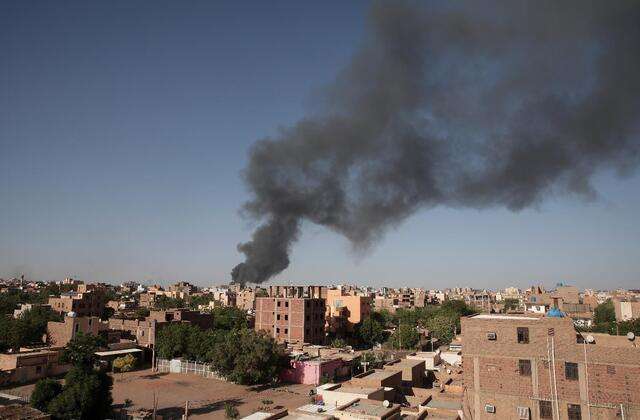
The flight of Western diplomats – and lack of emergency aid coming in – has distressed many Sudanese, both at home and abroad.
Ola Idriss, a 24-year-old in Toronto, Canada, who still has many relatives trapped in Sudan, expressed anger towards Western officials who had not championed popular calls for full-civilian rule, and instead insisted that security elites needed to be part of a restored democratic transition after the coup.
In an op-ed for The Washington Post, former US African envoy Jeffrey Feltman agreed. He said the United States appeased the generals rather than hold them accountable for sabotaging popular calls for democracy.
“Sudanese civilians saw this for a long time coming and they were ignored,” said Idriss. “But when the situation got too dire, the people that didn’t believe [us] were the first to be saved.”
Source: Aljazeera
Richard Koomson| mediacentralonline.info |Ghana
kindly send us your stories on our WhatsApp line 0500004727


